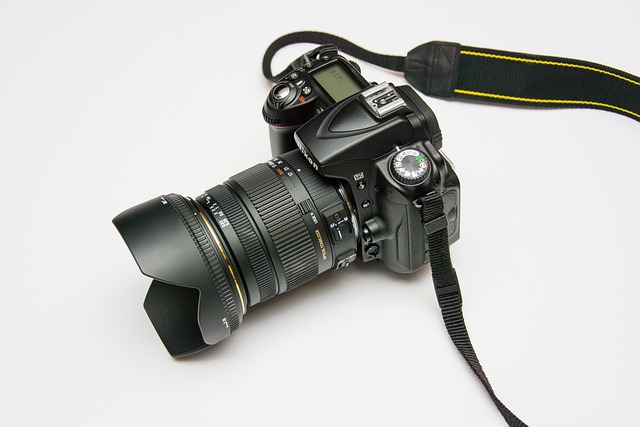When setting up a home cinema room, most enthusiasts focus heavily on the screen, audio system, and seating arrangements, often overlooking a crucial aspect: the lens of the camera. The right camera lens can significantly impact the quality of both audio and video, creating a cinematic experience right in your living space.
First and foremost, let’s consider audio. While the camera lens may not directly influence sound, it plays a vital role in how the visuals are captured, which in turn can affect your audio setup. A high-quality camera lens used for video can help you maintain perfect alignment with your sound sources. Whether you’re filming family events or creating content for social media, choosing a lens that allows for shallow depth of field can help focus on the subject, ensuring that the audio captures the right sound without unnecessary distractions.
Moving on to video, the importance of the camera lens cannot be overstated. The lens determines how much light enters the camera and affects the overall clarity, color rendition, and perspective of the shot. For home cinema, where you’re aiming to recreate the feeling of a true cinematic experience, selecting a lens with a wider aperture is key. A lens like this allows for better low-light performance, which is essential if you plan to watch films during the evening or in dimly lit surroundings. Additionally, a versatile zoom lens can give you the flexibility to adjust your framing, making it easy to focus on specific scenes and create a more immersive atmosphere.
In a home cinema room, the aesthetic appeal is just as important. A well-selected camera lens can yield beautifully blurred backgrounds, enhancing the cinematic feel and allowing viewers to experience the drama and emotion of the content fully. This visual sharpness can create a sense of depth, making your home cinema feel more like an actual theater. The right lens can also provide stunning wide-angle shots for capturing larger groups or expansive views, perfect for family movie nights or gatherings with friends.
Furthermore, it’s essential to consider the type of films and genres you prefer when choosing a camera lens. Different lenses excel at different types of filming. For instance, if you enjoy shooting dynamic action scenes, a lens with a fast autofocus capability is essential. If you lean more towards artistic cinematography and storytelling, prime lenses, with their superior optical quality, can elevate your footage to a professional level.
Finally, don’t overlook the practical aspects of using a camera lens in your home cinema setup. Ensure that the lens you choose is compatible with your camera body, and consider investing in additional accessories like lens filters and stabilizers. These tools can help protect your investment and enhance your capabilities, making every film night a spectacle to remember.



